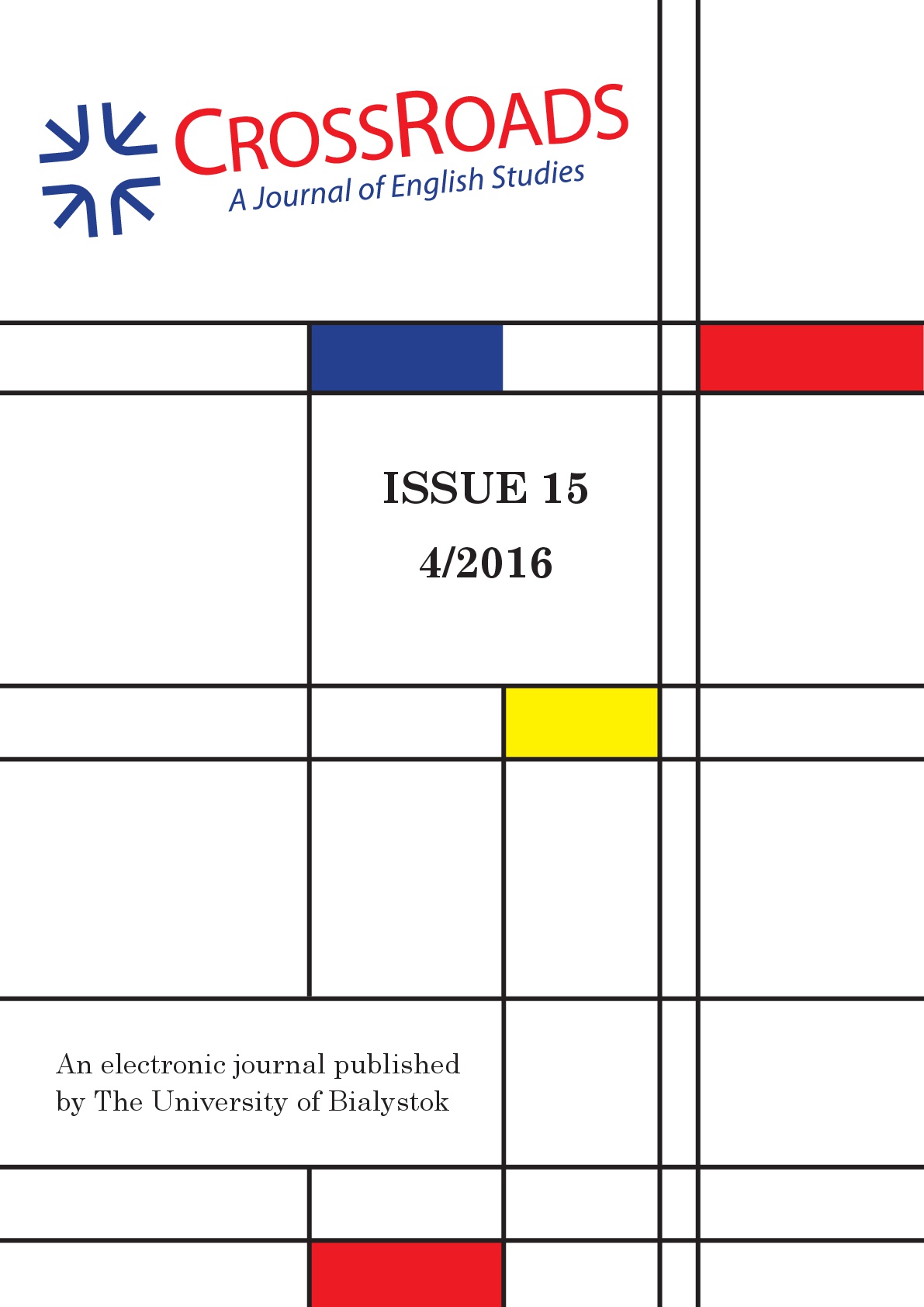Voluntary and involuntary memory in Samuel Beckett’s Krapp’s Last Tape
Voluntary and involuntary memory in Samuel Beckett’s Krapp’s Last Tape
Author(s): Jadwiga UchmanSubject(s): Theatre, Dance, Performing Arts, Studies of Literature
Published by: Wydział Filologiczny Uniwersytetu w Białymstoku
Keywords: Beckett; Krapp’s Last Tape; voluntary and involuntary memory;
Summary/Abstract: Even though Krapp’s Last Tape presents a single character on the stage, it does not seem to adhere to the typical characteristics of a monodrama since, in fact, we become acquainted with three different Krapps. On the one hand, there is the 69-year-old Krapp visible on the stage, celebrating his birthday, and on the other, there are two more Krapps, who are not present physically, but only aurally – the first one existing as a voice on a recording made thirty years ago, and the second mentioned by the voice. These are his alter egos preserved on some tapes from the past. The drama presents the sameness and the change of Krapp over several years. At the same time, it deals with the concepts of voluntary and involuntary memory which are explained by Beckett in his Proust essay. The first kind of memory is dominated by a person’s will to preserve certain things for the future. The remembrances, thus saved, are static and do not change with the passage of time. The tapes indicate what Krapp decided to commemorate in the past. As the play progresses the clash between the past, as he wanted to remember it, and the past as he actually recalls it, becomes evident. The present Krapp does not recall certain things, which were of vital importance to the past Krapp. The dynamic interplay of voluntary and involuntary memory seems to be one of the most intriguing features of the drama.
Journal: Crossroads. A Journal of English Studies
- Issue Year: 2016
- Issue No: 04 (15)
- Page Range: 10-18
- Page Count: 9
- Language: English

